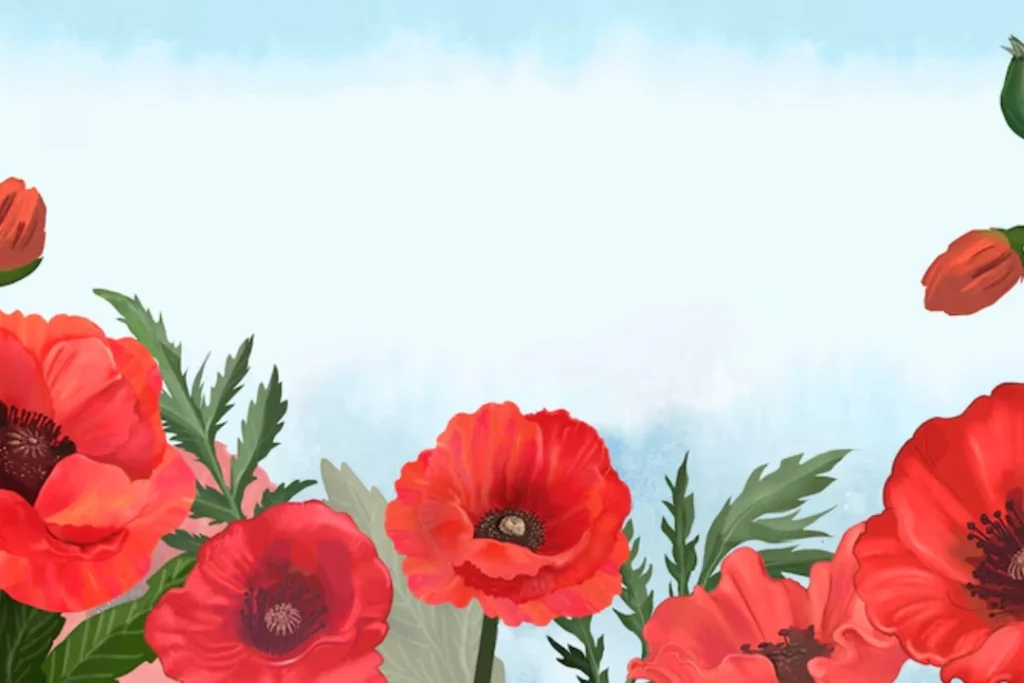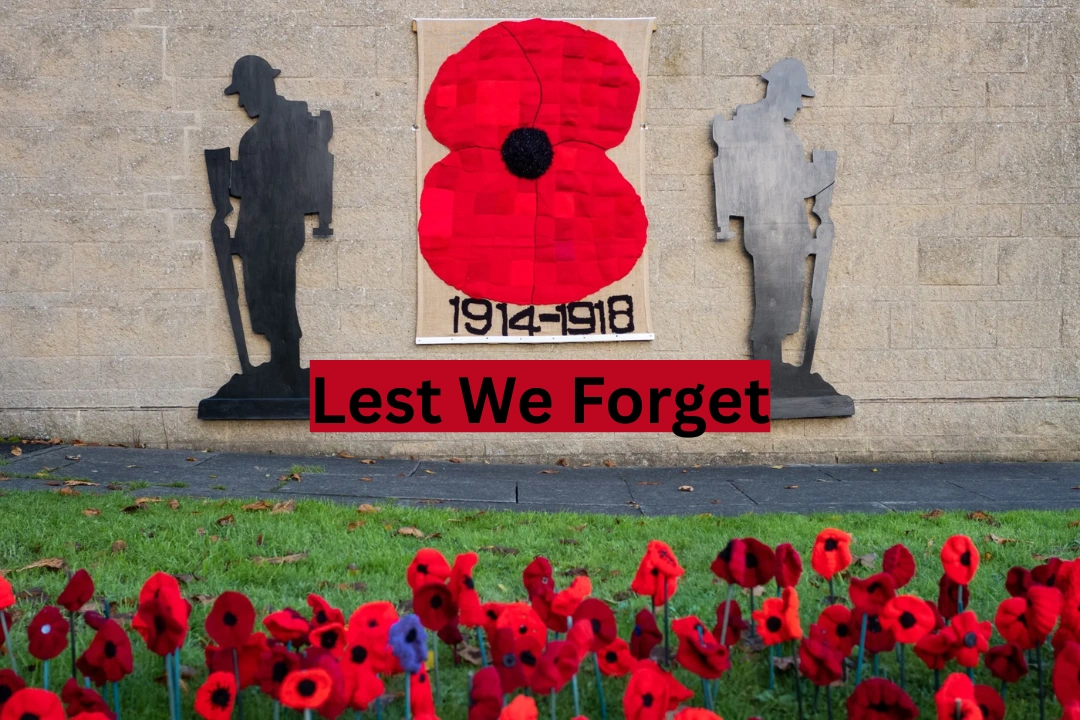Lest We Forget: Honoring the Past, Embracing the Future
The phrase lest we forget serves as a solemn reminder to remember the sacrifices made by those who served in wars. It first appeared in Rudyard Kipling’s 1897 poem Recessional and has since become widely used in memorial services, especially in the United Kingdom, Australia, and Canada. This phrase emphasizes the responsibility we carry to remember and learn from history’s darkest hours.
The Significance of Remembrance Day
Remembrance Day, observed every year on November 11, marks the end of World War I in 1918. It is a day to honor military personnel who gave their lives in service to their nations. The red poppy, inspired by the famous poem in Flanders Fields, symbolizes the blood shed during the war and the enduring memory of the fallen. A two-minute silence at 11:00 a.m. honors their courage.
Global Observances and Traditions

Countries across the world observe similar days of reflection. In the United States, it is called Veterans Day, while in France, it is known as Armistice Day. These commemorations may differ in name and format, but they share a common goal: to ensure that the sacrifices of war are never forgotten and to educate the public about peace and reconciliation.
Comparative Observances
| Country | Observance Name | Date | Key Traditions |
|---|---|---|---|
| United Kingdom | Remembrance Day | November 11 | Two-minute silence, poppy wearing |
| Australia | Remembrance Day | November 11 | Ceremonies at war memorials |
| United States | Veterans Day | November 11 | Parades, honoring all military veterans |
| France | Armistice Day | November 11 | Wreath-laying, national ceremonies |
The Role of Memorials and Ceremonies
Memorials provide a physical space for people to pay tribute to those lost in war. One powerful example is the installation of 30,000 ceramic poppies at the Tower of London, created to commemorate the 80th anniversary of VE Day. These public displays allow visitors to reflect on sacrifice and courage, helping them connect emotionally to historical events in a deeply personal way.
Educating Future Generations
Education ensures that remembrance is passed down through generations. Schools organize special lessons, assemblies, and writing projects that help students understand the history and meaning behind Remembrance Day. Through these activities, young people learn not only about war but also about the value of peace, compassion, and unity in today’s world.
The Emotional Impact of War on Families
Wars don’t just affect those on the battlefield; they deeply impact the families left behind. Parents, spouses, and children endure the pain of absence, anxiety, and sometimes loss. The emotional scars can last a lifetime, making remembrance not only about soldiers but also about those who waited at home. Lest we forget the silent sacrifices made behind closed doors.
Modern Media’s Role in War Awareness
In the 21st century, television and social media have transformed how we experience war. From news coverage to personal stories shared online, these platforms humanize conflict in real time. Children and adults alike witness the realities of war daily. This constant exposure creates empathy and reminds us of the cost of conflict. Lest we forget, media is our new window to the battlefield.
Preserving Peace Through Remembrance
Honoring the past isn’t just about memory it’s a path to peace. When we actively remember the horrors and human cost of war, we commit to avoiding its repetition. Education, memorials, and public discourse ensure the past stays vivid. Every poppy worn and moment of silence taken is a step toward building a world where understanding triumphs. Lest we forget, remembrance is a duty, not a choice.
Contemporary Relevance
In today’s world, the phrase lest we forget extends beyond historical wars. It serves as a reminder to acknowledge and address ongoing conflicts and the sacrifices of those involved. By remembering past and present struggles, societies can strive towards a more peaceful and just future.
Conclusion
In a world that moves fast and often forgets the past, the phrase lest we forget serves as an anchor to our shared humanity. It reminds us to pause, reflect, and honor the brave souls who gave everything for the freedoms we enjoy today. Remembrance is not just a yearly ritual it is a lifelong commitment to peace, empathy, and unity. By teaching our children, sharing stories, and attending memorials, we ensure their sacrifices were not in vain. Let us remember them—not just with silence, but with action.







